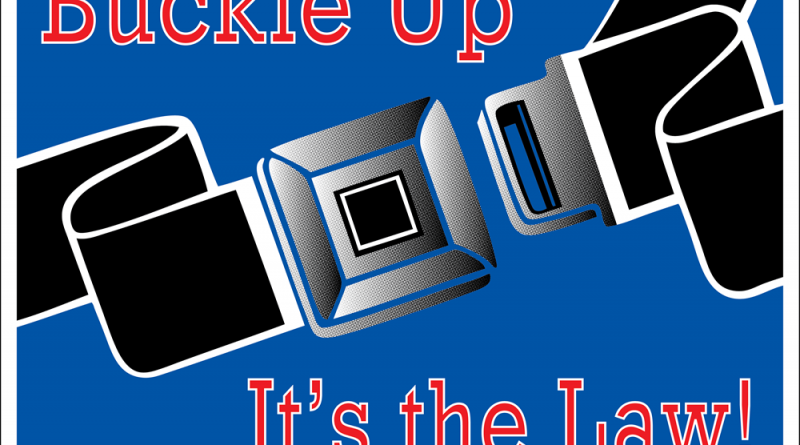Road Safety Council recommends increase in penalty – from $150 to $5k – to compel drivers to observe seatbelt law
The tightening of traffic-safety laws and an increase in fines are under consideration by three government agencies.
The Ministry of Works, the Police Force and the Department of Legal Affairs are making a case for tougher laws to reduce the incidence of speeding and to spur greater compliance with the wearing of seatbelts.
Clarence Pilgrim, Permanent Secretary in the Ministry of Works, is proposing that the penalties for not wearing a seatbelt and for speeding be brought in line with the punishment for using a cell phone while driving.
People who breach the cell-phone law currently face a fine of $5,000. In contrast, the fine for not wearing a seatbelt is $150.
Pilgrim chairs the recently constituted National Road Safety Council. He believes “that turning a blind eye to the issue would be allowing Antiguans and Barbudans to continue putting their lives and the lives of others at risk while travelling on the national road network.”
The impetus for these changes stems from proposals made by the Socially Inclusive Road Safety Awareness Communications Consultancy, undertaken by the Second Road Infrastructure Rehabilitation Project.
A seatbelt-observation survey, conducted earlier this year, revealed that only 50% of the 1,423 drivers observed wore a seatbelt. The same study also found that drivers of government vehicles have the second-lowest rate – 38.9% – well below that of private-vehicle
Drivers.
Accordingly, Pilgrim is urging all drivers, especially those operating government-issued vehicles, to make every effort to comply with the law and buckle up to avoid punitive action.
“The goal is to get to 100% seat belt compliance by 2030,” Pilgrim says.
Meanwhile, referencing the increase in fines, he says, “The proposed penalty revision requires Section 13 of the Vehicle and Road Traffic (Enforcement and Administration) Act … to be amended and brought in line with the penalties for cell phone use.”
Having submitted the proposal, it will be left to the Senate and the House of Representatives to approve and ratify the increase by way of national legislation.




